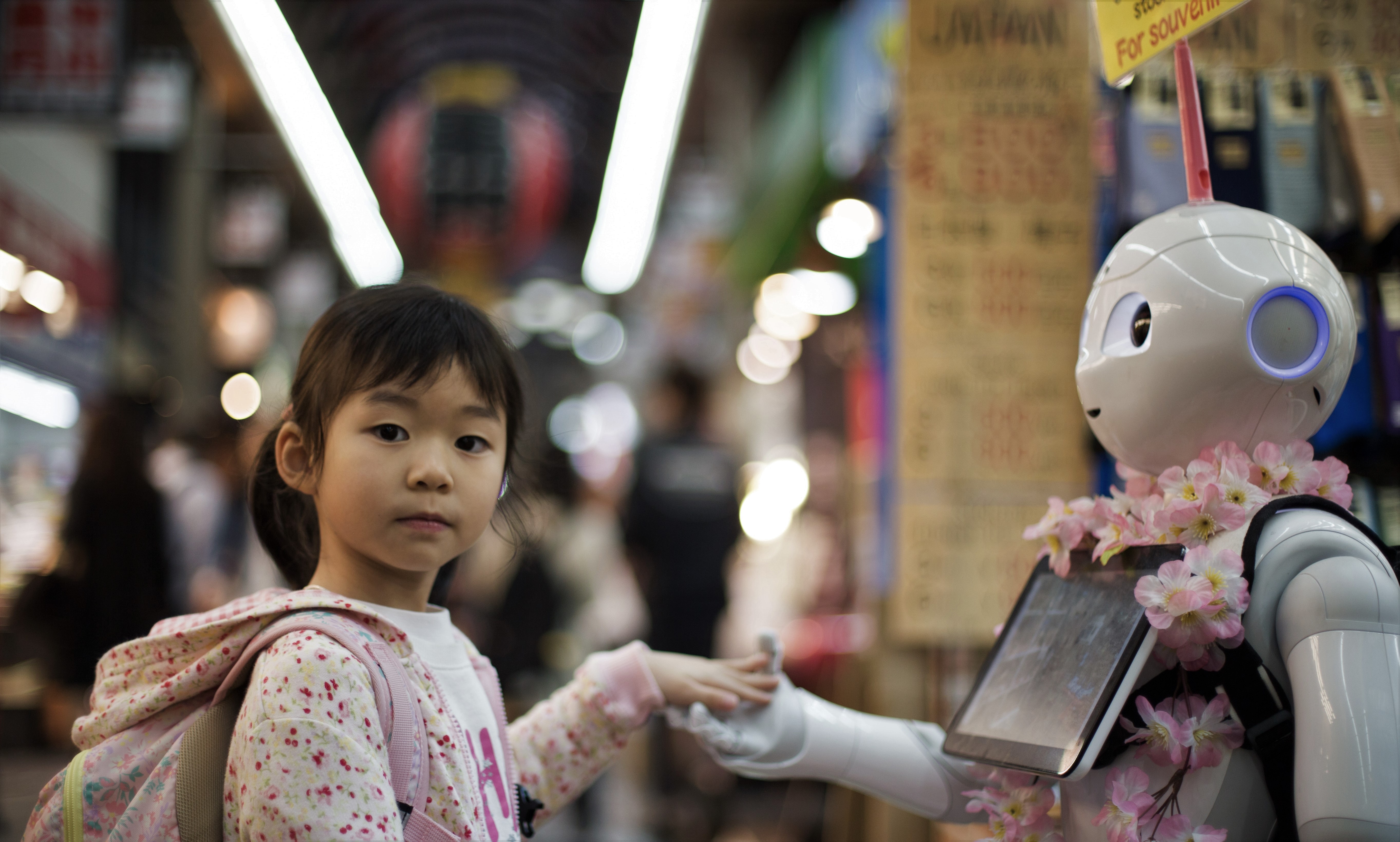What is Artificial Intelligence?
Although the term artificial intelligence may evoke futuristic Hollywood-inspired images of humanoid robots and supercomputers, the actual definition of the term is quite simple. Wikipedia defines artificial intelligence (or AI) as “intelligence demonstrated by machines, in contrast to the natural intelligence displayed by humans and other animals”. In reality, artificial intelligence is not so futuristic at all: in many cases, it has already permeated our day-to-day lives, both at work and at home. From chatbots to wizards, a new cast of characters is making it easier for us as consumers to connect with brands and make more informed shopping decisions. As for retailers, artificial intelligence has far-reaching benefits: from smarter purchasing, allocation, replenishment, and pricing decisions to more personalized customer engagement tools.
Are Artificial Intelligence and Machine Learning the Same?
Artificial intelligence is a broader concept of machines conducting tasks that would otherwise require the natural intelligence of the human brain. In contrast, machine learning is one possible application of AI in which we feed a machine raw data and step aside while the machine learns for itself.
What are Some Key Facts That Retailers Need to Know about AI?
AI Will Have a Massive Impact on the Business of Retail and the Global Economy
It is predicted that AI will have a $15.7 trillion contribution to the global economy by 2030. (PwC)
The regions that will make biggest economic gains from AI in the next twelve years are China ($7 trillion) and North America ($3.7 trillion). (PwC)
Retail is one of the economic sectors that stands to make the biggest gains from the effective use of AI. (PwC)
Retail is among the top 10 industries investing in AI, coming in at number five. (TechEmergence)
Adoption of AI in Retail is Growing – Fast
78 percent of retail organizations polled said spend on AI marketing technologies will increase over the next 12 months by at least 5 percent or more. (Forrester)
More than 45 percent of U.S. retailers plan to use AI in next three years. (RIS)
The market of AI is forecasted to grow by $47 billion by 2020. (IDC)
55 percent of organizations are set to make a major investment in AI. (Forrester)
87% of AI adopters admitted already using or considering using AI for sales forecasting and for improving e-mail marketing. (Forbes)
Retailers Can Gain Serious Benefits from Investment and Optimal Use of AI
Cost savings, increased productivity, and increased revenues are the top three benefits of artificial intelligence for retail. (Statista)
Artificial intelligence is the number one “game-changing technology” that retailers believe will transform their business. (Gartner)
Amazon sales increased by 29 percent when the super-successful online marketplace rolled out targeted recommendations. (Medium)
84% of enterprises believe investing in AI will help them gain greater competitive advantages. (Forbes)
AI is Transforming the Way Retailers Interact with Customers – And Vice Versa
70 percent of U.S. millennials say they would appreciate a brand or retailer using AI technology to show interesting products. (RIS)
Marketers and business decision makers believe that AI-powered marketing will shift the role of marketing toward more strategic work (79 percent) and make marketing teams more efficient (86 percent) and effective (86 percent). (Forrester)
It is predicted that by 2020, 85 percent of customer interactions in retail will be managed by AI. (RIS)
48 percent of consumers expect companies to anticipate their buying needs and provide appropriate suggestions by 2020. (Medium)
Leading Retailers are Also Coming in First in the Adoption of AI
Retail Top Performers expect funding for artificial intelligence to be their primary area for increased spend whereas Typical and Trailing Performers place it further down on their lists. (Gartner)
In a study of 30 leading global retailers that included Amazon, Target, Home Depot, and others, 77 percent report using AI for supply chain functions. 70 percent report using AI for in-store or e-commerce functions. (Coresight Research)
“Early adopters are ramping up their AI investments, launching more initiatives, and getting positive returns.” (Deloitte)





